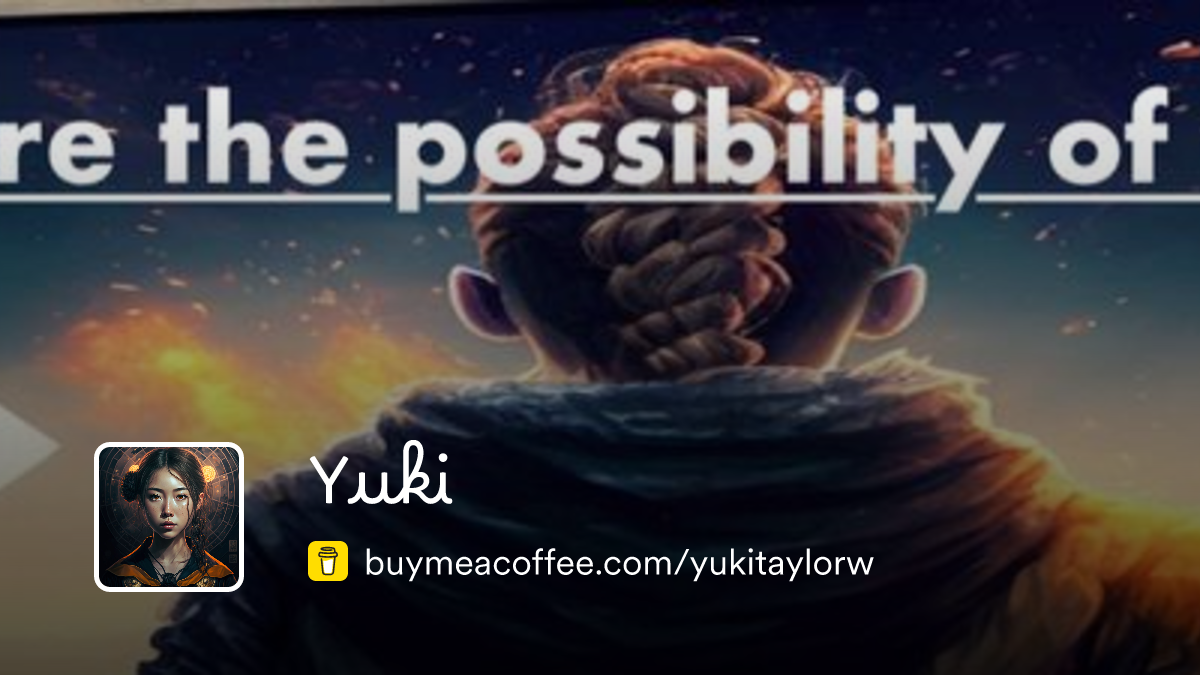- Solan Sync
- Posts
- [OpenAI’s Sora] Innovating Business Solutions to AI’s Copyright Dilemma
[OpenAI’s Sora] Innovating Business Solutions to AI’s Copyright Dilemma
Explore the intricate challenges and implications of AI development with a focus on OpenAI’s Sora, copyright issues, and the ethical use of content. Discover innovative solutions for a harmonious AI future.


OpenAI’s Sora and the issues around data sourcing, copyright, and the ethical use of content in AI training highlight a critical conversation in the field of artificial intelligence and content creation.
These discussions touch upon several important themes and potential implications for the future of AI development, content creation, and digital rights management.
Watch the video here
OpenAI Made Me Crazy Videos-Then the CTO Answered (Most of) My Questions
Sora, OpenAI's new text-to-video AI model, can create realistic scenes. In an exclusive interview, WSJ's Joanna Stern…www.wsj.com
Ethical Data Sourcing and Transparency

The vagueness in the responses about the data sources for training Sora underscores a broader issue in AI development: the need for transparency and ethical data sourcing.
This issue is not unique to Sora but is endemic across many AI technologies that require vast amounts of data for training. The potential use of data from platforms like YouTube, Facebook, and Instagram without clear licensing agreements or explicit consent from content creators raises significant ethical and legal questions. This approach challenges the principles of copyright law, which are designed to protect creators’ rights and ensure they receive recognition and compensation for their work.
Copyright Law and AI Training

Her point about the distinction between replication and creation by AI systems brings to light the limitations of current copyright frameworks when applied to AI.
The debate around whether AI-generated content constitutes fair use or requires explicit licensing is ongoing.
This discussion is crucial for understanding how AI can coexist with human creativity in a way that respects and compensates original creators. The capability of AI systems like Sora to potentially use copyrighted material in training without clear licensing poses a challenge to the traditional notions of copyright and fair use, necessitating legal and ethical reconsideration.
Impact on Creators and the Creative Economy
The potential for AI technologies to replicate and distribute content at scale without compensating the original creators could significantly disrupt the creative economy.
This disruption not only affects the livelihood of individual creators but also the broader ecosystem of content platforms and distributors. The concern that AI could flood the market with derivative works, thereby devaluing original content, highlights the need for a sustainable model of AI development that supports creators. Such a model would ensure fair compensation and encourage a symbiotic relationship between AI and human creativity.
The Future of AI Development and Regulation
The discussion about Sora and its implications points to a larger conversation about the future of AI development, especially regarding the ethical use of data and the rights of content creators.
The need for comprehensive legislation that addresses these issues is evident. Laws like the GDPR represent steps toward protecting personal data, but the specific challenges posed by AI training on copyrighted material require targeted legal frameworks.
Moreover, the development of AI should not only focus on technological capabilities but also consider the ethical and societal impacts, ensuring that AI benefits society as a whole without compromising individual rights and freedoms.
Here’s a proposed startup idea considering the current landscape shaped by technologies like OpenAI’s Sora and the debates surrounding them:
Startup Idea: CreAIteSafe
Overview:
CreAIteSafe is a platform that bridges the gap between content creators, AI technology firms, and copyright laws. It acts as an intermediary that ensures content used to train AI models is done ethically, with proper licensing, and compensates creators fairly. The platform leverages blockchain technology to track and manage content usage and rights agreements.
Advantages:
Transparency: Blockchain provides a transparent record of where and how content is used, ensuring creators are fairly compensated.
Legal Compliance: Helps AI firms navigate the complex web of copyright laws by ensuring all content is used with permission, minimizing legal risks.
Creator Protection: Offers creators control over their work and ensures their content isn’t used without fair compensation.
Innovation Support: Encourages the development of AI technologies by providing a legal and ethical framework for using copyrighted content.
Disadvantages:
Implementation Complexity: Establishing a system that satisfies all parties (creators, AI firms, and legal bodies) is complex.
Adoption Hurdles: Convincing AI technology companies and creators to use this platform may be challenging.
Cost Implications: The process of licensing and compensation might increase the costs for AI development.
3-Month Action Plan for MVP:
Market Research: Conduct thorough research to understand the needs of content creators and AI companies regarding copyright issues.
Platform Development: Start developing a blockchain-based platform that can track and manage content usage and rights agreements.
Partnerships: Establish partnerships with a small number of content creators and AI companies to pilot the platform.
Legal Framework Setup: Work with legal experts to ensure the platform complies with copyright laws in different jurisdictions.
Feedback and Iteration: Collect feedback from early users and iterate on the platform’s features and user experience.
Points to Explore for Validation:
Market Demand: Validate the need for such a platform among content creators and AI firms.
Legal Viability: Ensure the platform’s approach to copyright and licensing is legally sound across different regions.
Blockchain Efficiency: Assess whether blockchain is the most effective technology for tracking and managing content rights.
Cost-Benefit Analysis: Analyze whether the costs associated with using the platform are outweighed by the benefits for all parties involved.
Thank you for reading this article so far, you can also access the FREE Top 100 AI Tools List and the AI-Powered Business Ideas Guides on my FREE newsletter.
What Will You Get?
Access to AI-Powered Business Ideas.
Access our News Letters to get help along your journey.
Access to our Upcoming Premium Tools for free.
If you find this helpful, please consider buying me a cup of coffee.
🧰 Find the Best AI Content Creation jobs
⭐️ ChatGPT materials
📚 What I’m Reading
💡 Bonus
🪄 Notion AI — Boost your productivity with an AI Copilot
Notion AI is a new feature of Notion that helps you write and create content using artificial intelligence. Notion offers a number of AI features.
Here are some of the best features:
Write with AI: This category includes a feature called “Continue writing”. This feature is useful if you don’t know exactly how to continue writing.
Generate from page: In this category, you will find, for example, functions for summarizing or translating texts.
Edit or review page: The features of this category help you to improve your writing. Examples: Fix spelling and grammar, change tone, or simplify your language.
Insert AI blocks: You can also insert AI blocks. AI blocks are predefined instructions that you can execute later. These blocks are useful for Notion templates.

Reply